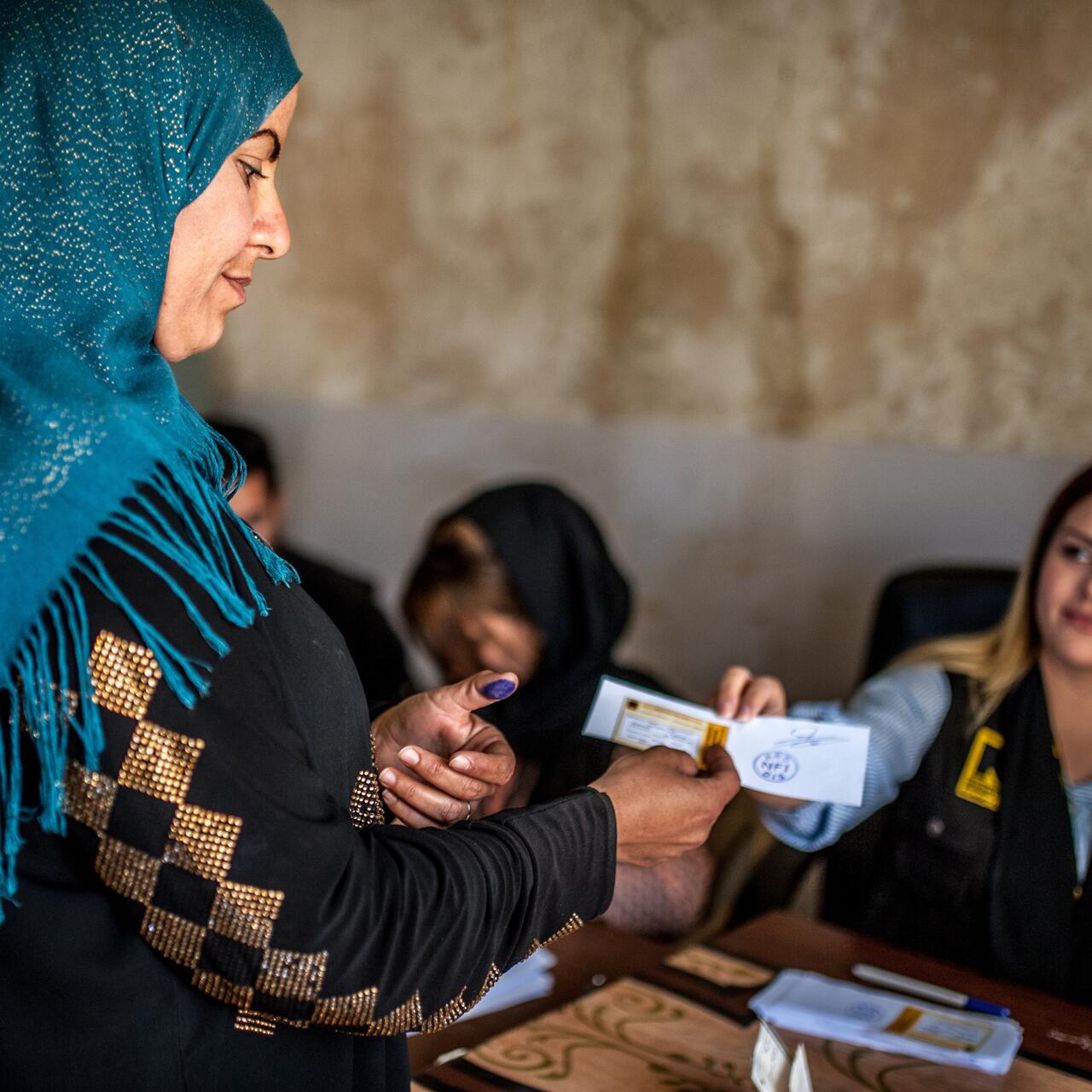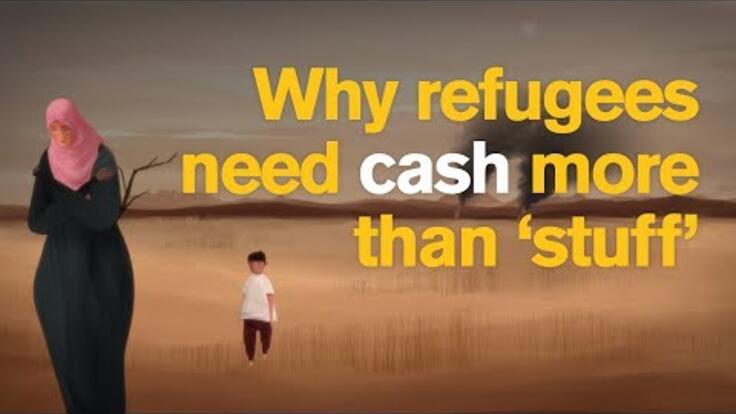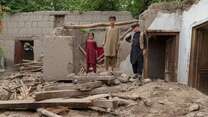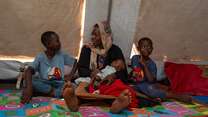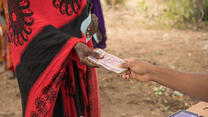People escaping from conflict or disaster carry few personal belongings and little money. Cash relief allows them to purchase basic necessities and regain control of their lives. With 60 percent of refugees worldwide living in cities rather than camps, cash has proven to be an effective way to reach them faster and at lower cost.
The power of choice allows refugee families to decide for themselves what they need most. It also allows them to become active contributors to the local economy. For example, in Lebanon, a recent IRC-led study found that every dollar spent by a group of Syrian refugees generated $2.13 of GDP for the Lebanese economy.
But cash relief cannot work on its own as a long-term economic solution. The IRC combines this kind of assistance with job and skills trainings, financial literacy classes, apprenticeships and other economic opportunities for those who have been forced to abandon their homes and careers.
Research shows that displaced beneficiaries purchase basic items such as food and clothing, or use it to pay medical bills and purchase school supplies. In addition, households receiving cash relief are twice as likely to send their children to school rather than to work. There is also evidence that cash relief reduces tensions within households and between refugees and their host communities.
When emergencies strike, the IRC aims to deliver aid within 72 hours. Using vouchers as well as digital payments, the IRC can efficiently and rapidly provide cash relief to the most vulnerable individuals in all IRC country offices. We have partnered with banks, technology companies and other financial-service institutions to establish safe, easy-to-use options such as prepaid ATM cards and mobile money.
